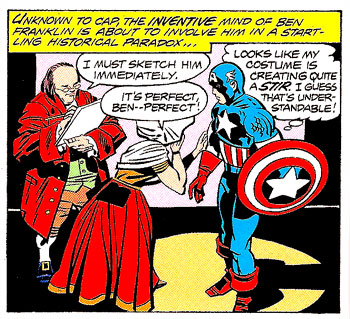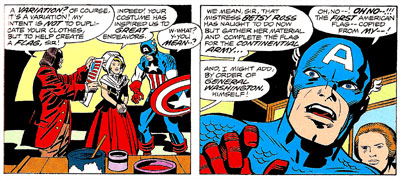For $25,000 to $250,000, The Washington Post has offered lobbyists and association executives off-the-record, non-confrontational access to “those powerful few” — Obama administration officials, members of Congress, and — at first — even the paper’s own reporters and editors.
The astonishing offer was detailed in a flier circulated Wednesday to a health care lobbyist, who provided it to a reporter because the lobbyist said he felt it was a conflict for the paper to charge for access to, as the flier says, its “health care reporting and editorial staff.” …
“Underwriting Opportunity: An evening with the right people can alter the debate,” says the one-page flier. “Underwrite and participate in this intimate and exclusive Washington Post Salon, an off-the-record dinner and discussion at the home of CEO and Publisher Katharine Weymouth. … Bring your organization’s CEO or executive director literally to the table. Interact with key Obama administration and congressional leaders.” …
The flier says: “Spirited? Yes. Confrontational? No. The relaxed setting in the home of Katharine Weymouth assures it. What is guaranteed is a collegial evening, with Obama administration officials, Congress members, business leaders, advocacy leaders and other select minds typically on the guest list of 20 or less. …
“Offered at $25,000 per sponsor, per Salon. Maximum of two sponsors per Salon. Underwriters’ CEO or Executive Director participates in the discussion. Underwriters appreciatively acknowledged in printed invitations and at the dinner. Annual series sponsorship of 11 Salons offered at $250,000 … Hosts and Discussion Leaders … Health-care reporting and editorial staff members of The Washington Post … An exclusive opportunity to participate in the health-care reform debate among the select few who will actually get it done. … A Washington Post Salon … July 21, 2009 6:30 p.m. …
“Washington Post Salons are extensions of The Washington Post brand of journalistic inquiry into the issues, a unique opportunity for stakeholders to hear and be heard,” the flier says. “At the core is a critical topic of our day. Dinner and a volley of ideas unfold in an evening of intelligent, news-driven and off-the-record conversation. … By bringing together those powerful few in business and policy-making who are forwarding, legislating and reporting on the issues, Washington Post Salons give life to the debate. Be at this nexus of business and policy with your underwriting of Washington Post Salons.”
The Washington Post’s news division seems quite upset at the way that the event was described in the promotional materials, and has now said that it won’t be participating. But this kind of event is not unusual in Washington DC, even if the marketing isn’t usually quite as crass and direct.




